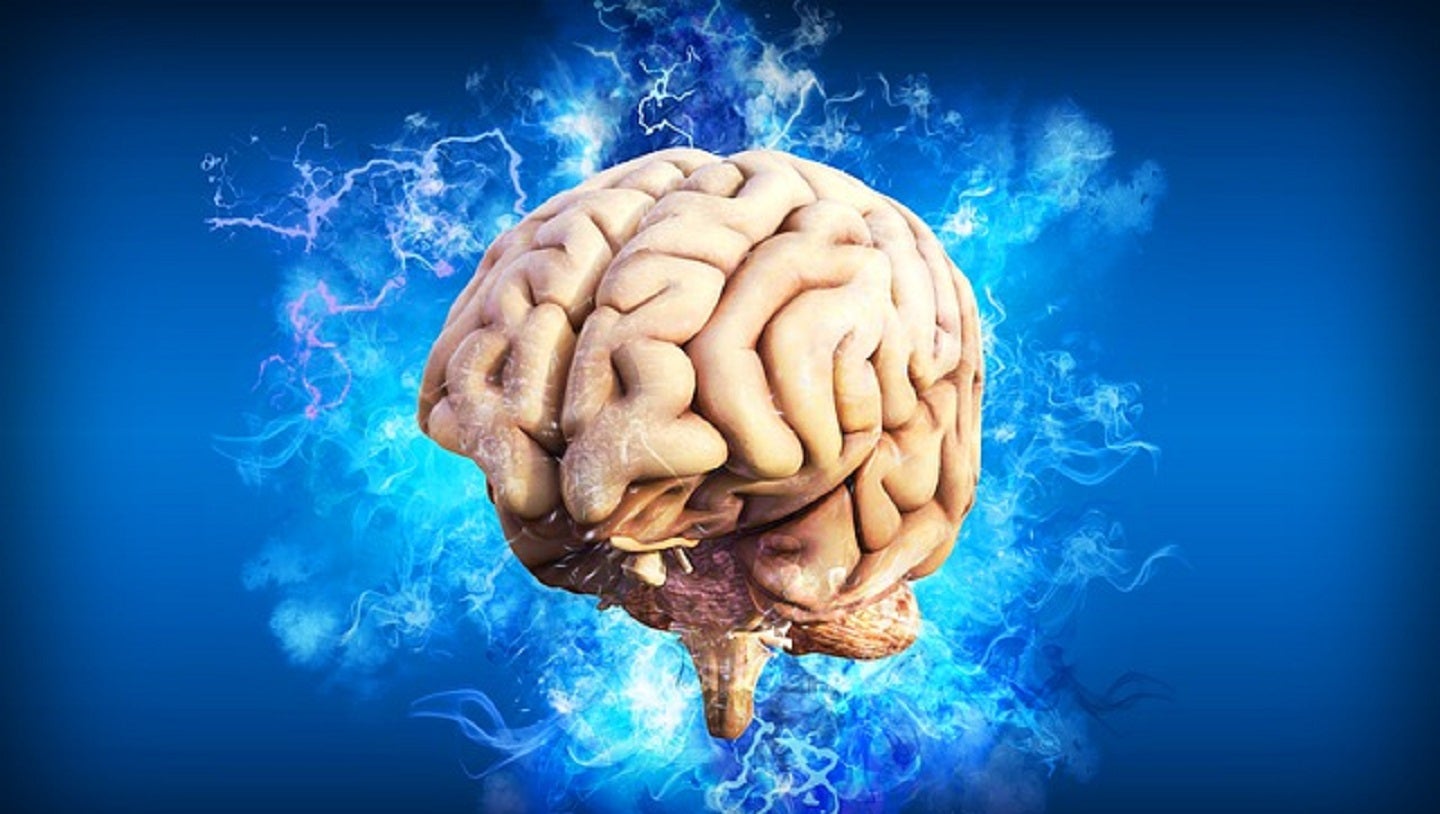
FSD Pharma has concluded the first-in-human (FIH) sentinel dosing in a Phase I trial of its neuroprotective compound Lucid-21-302 (Lucid-MS) for the treatment of multiple sclerosis (MS).
Designed as an orally-administered treatment, the first-in-class new chemical entity Lucid-21-302 will be evaluated for its safety and tolerability.

Discover B2B Marketing That Performs
Combine business intelligence and editorial excellence to reach engaged professionals across 36 leading media platforms.
Functional recovery was observed in the MS experimental animal models administered with Lucid-MS. It also prevented myelin degradation (demyelination) in preclinical models.
Demyelination is said to be a hallmark pathology characteristic of MS, as well as other neurogenerative disorders.
FSD Pharma subsidiary Lucid Psycheceuticals CEO Dr Lakshmi Kotra said: “Dosing the sentinel subject is a major achievement for our team and culmination of more than a decade of very promising research by a seasoned development team passionate about changing the future treatment paradigm for patients dealing with the debilitating effects of MS.
“Current MS treatments are immunomodulatory and include repeated subcutaneous or intramuscular injections for treating the symptoms of MS. We envision a day where an oral medication will protect or even help repair myelin in the central nervous system, a hallmark feature of the disease.

US Tariffs are shifting - will you react or anticipate?
Don’t let policy changes catch you off guard. Stay proactive with real-time data and expert analysis.
By GlobalData“We are optimistic Lucid-MS has this type of paradigm-shifting potential and the sentinel dosing is a critical step in advancing this pipeline forward.”
MS is said to be a chronic inflammatory and degenerative disorder of the central nervous system and existing treatments reduce the relapse rate.





